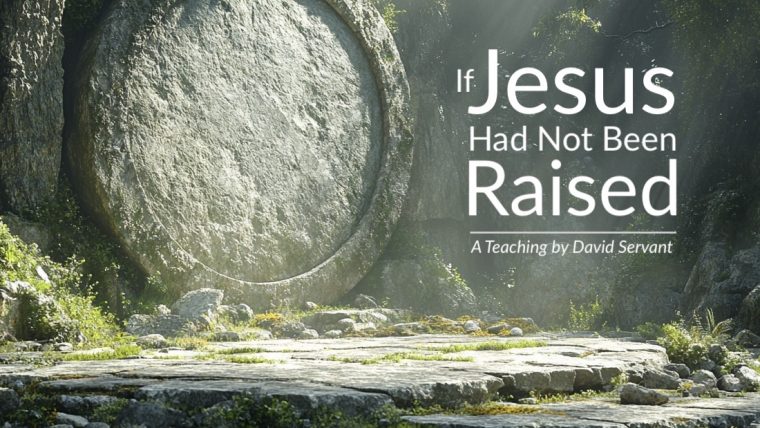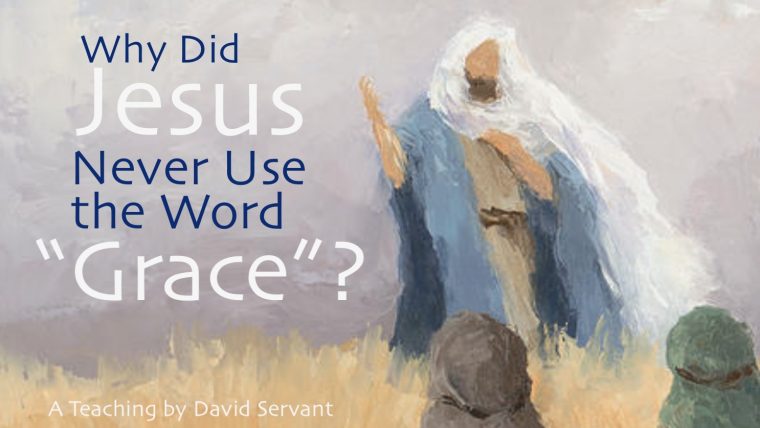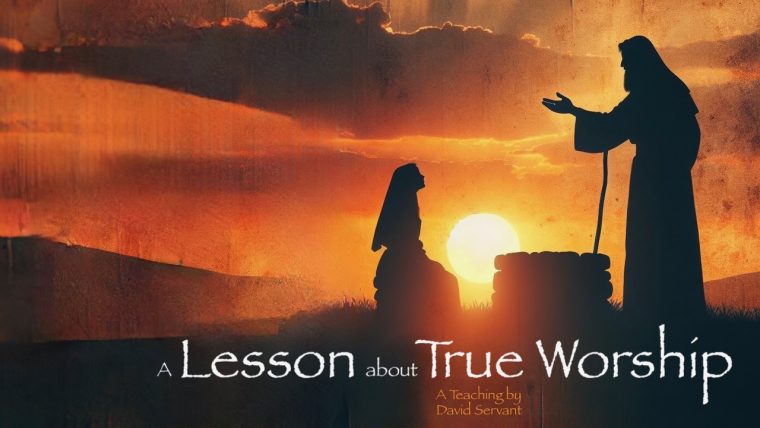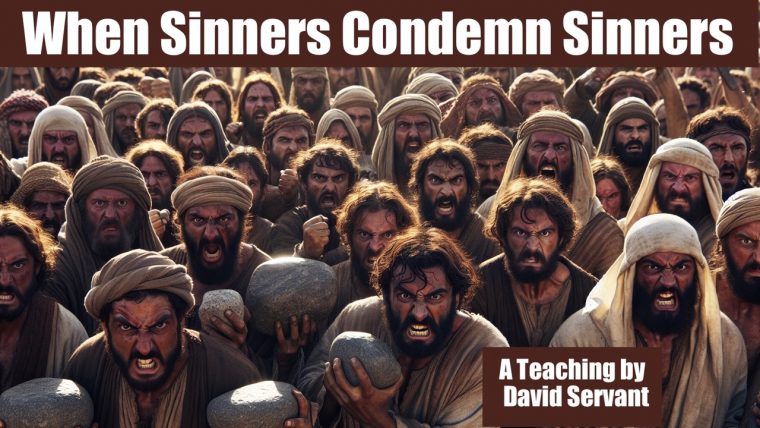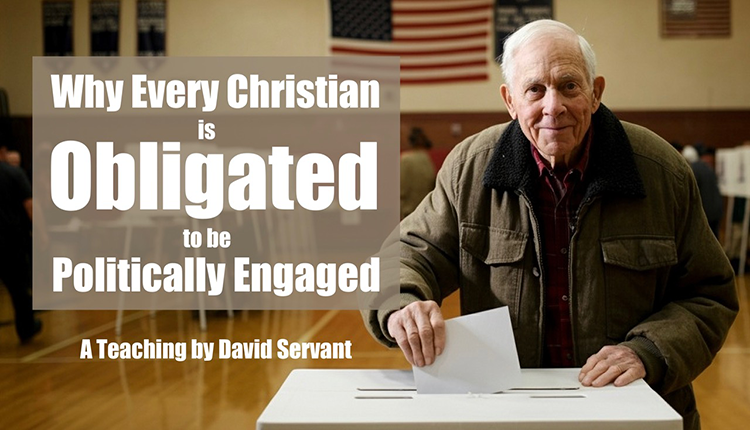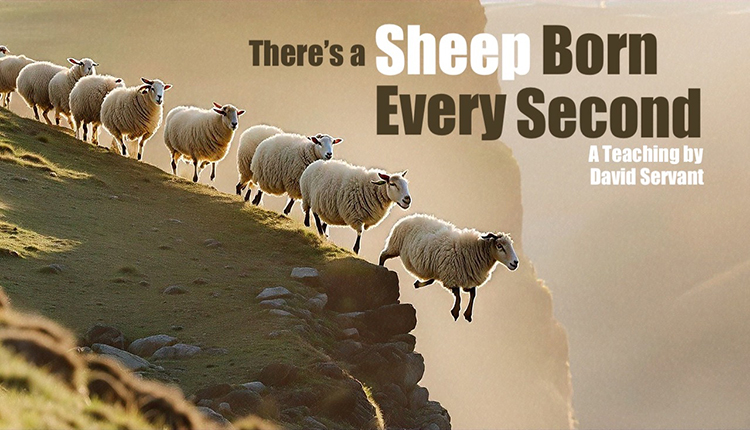
If you’ve ever read Jesus’ chapter-long denunciation of the scribes and Pharisees found in Matthew 23, you can more appreciate the grace He extended to a Pharisee named Simon who invited Him to dine at his house (Luke 7:36). Jesus, the pure and holy Son of God, amazingly visited the home of a proud, judgmental legalist who was likely leading people astray by his pharisaical teaching. To visit his house and have a meal with him was pure grace on Jesus’ part.
Simon didn’t believe in Jesus. Beyond that, he didn’t even respect Him enough to extend the common cultural courtesies that any guest would have received. Not only did Simon not wash Jesus’ feet or have a servant do it, he didn’t even offer Jesus a bowl of water to wash His own feet. And no “greeting kiss” or “oil-anointing” of His head.

